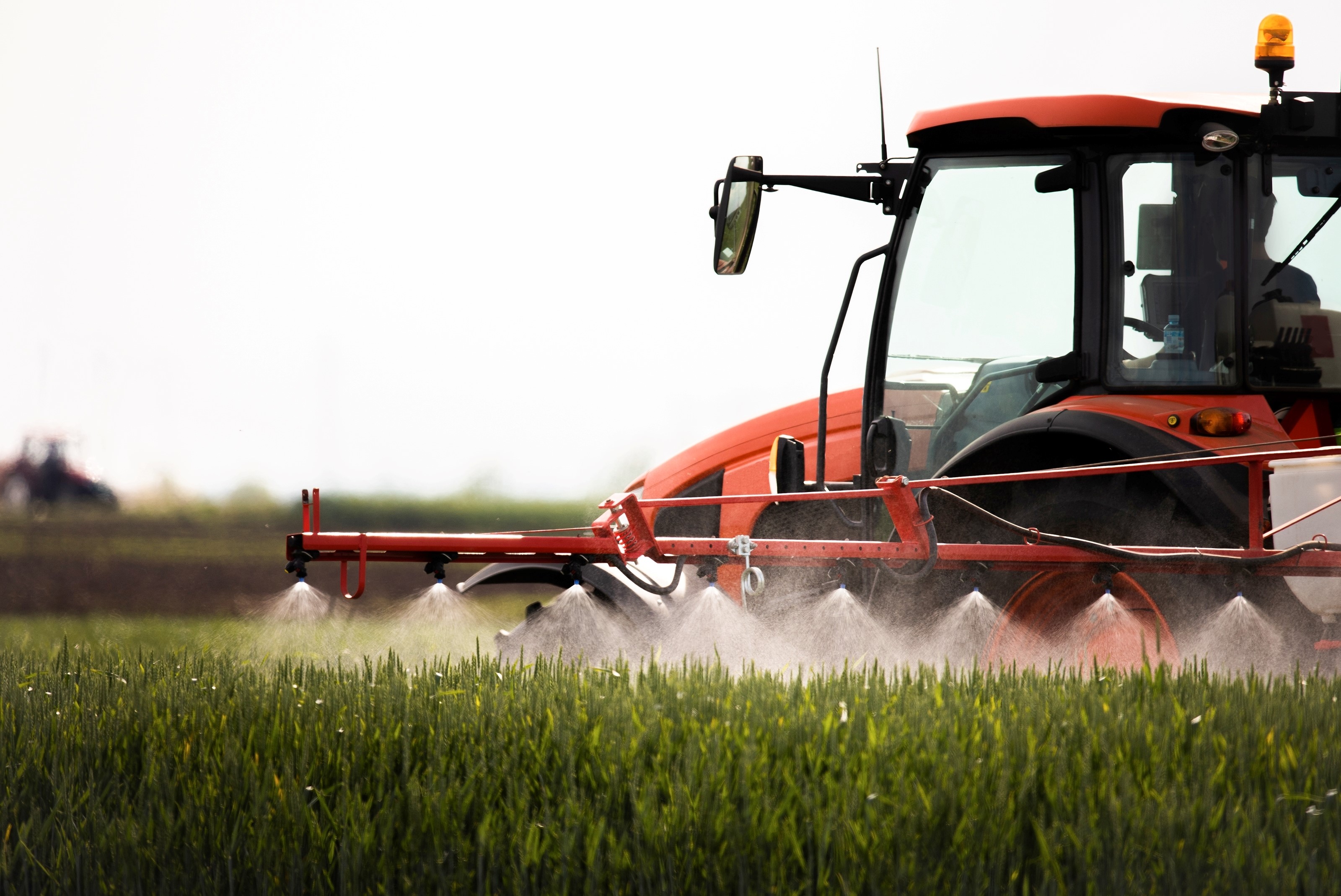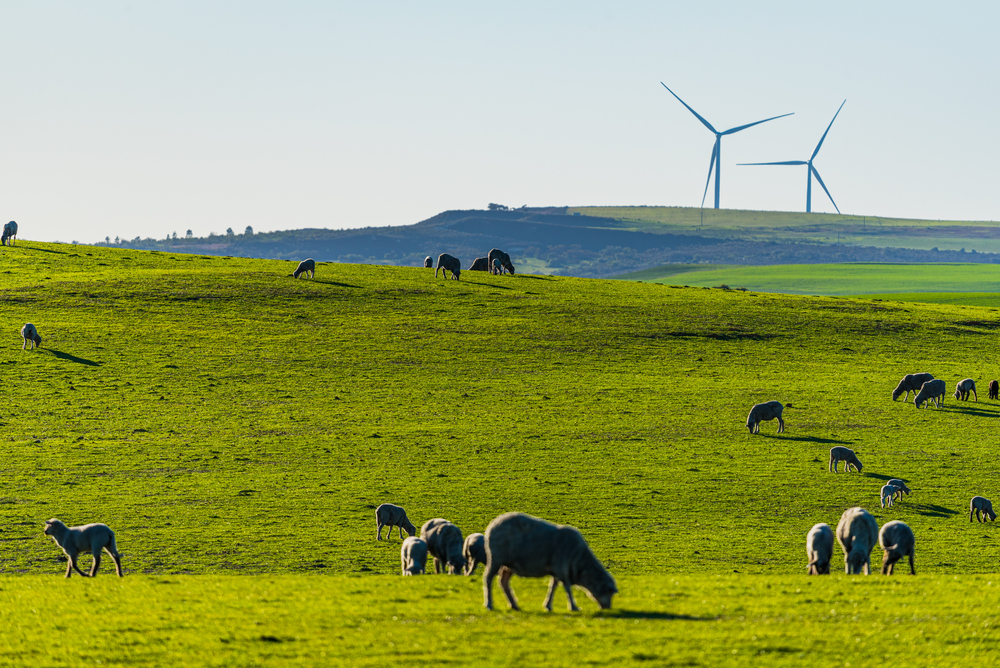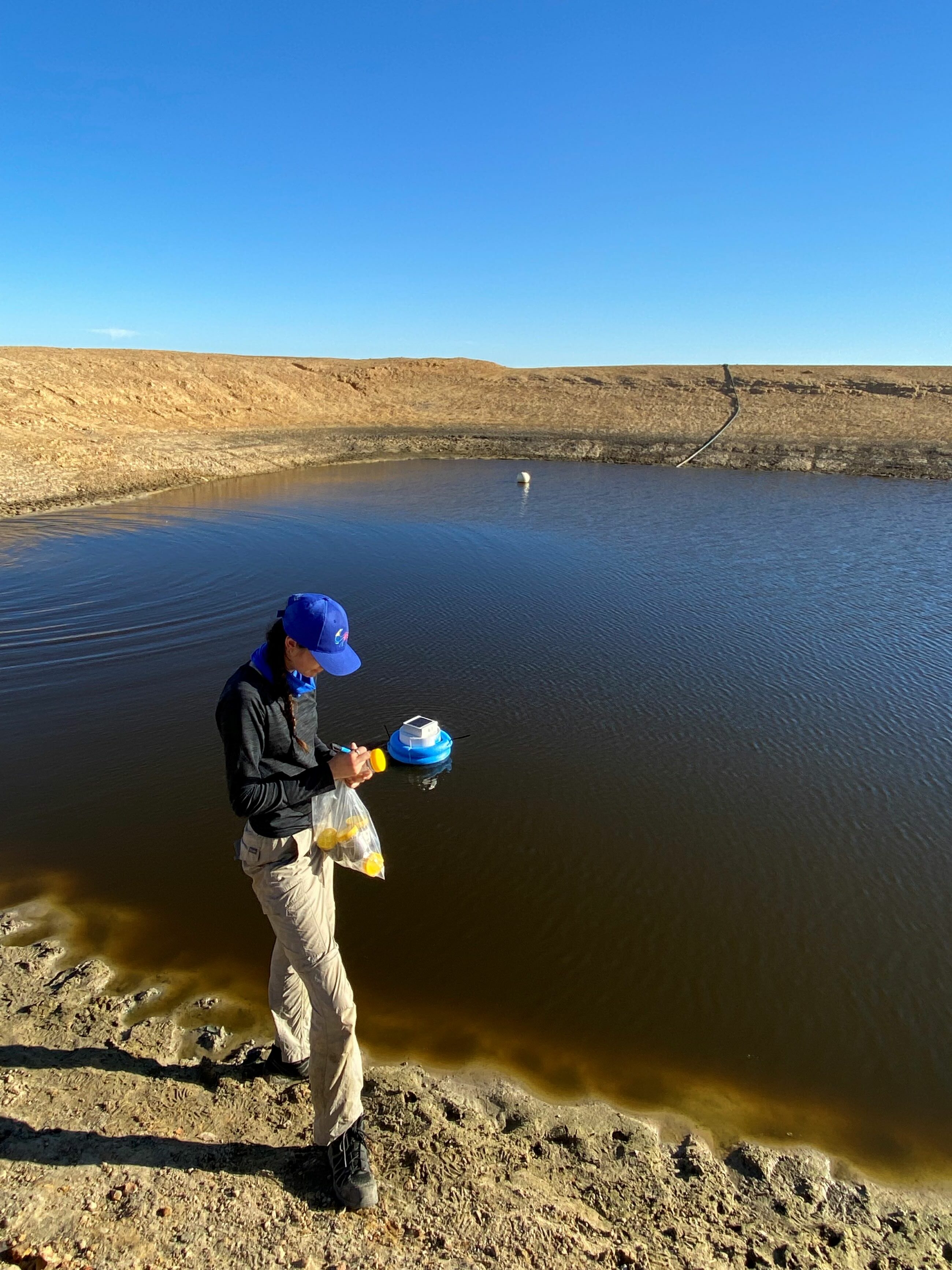Origin of the program
The South-West WA Drought Resilience Adoption and Innovation Hub (SW WA Hub)’s Transformational Program seeks to investigate new and emerging systems or significant modifications of current systems that lead to transformational change of agricultural practices to improve drought and climate resilience in WA.
The Future Drought Fund Drought Resilience Funding Plan (2020 – 2024) recognises the need for various levels of change, from small to transformational, to build drought resilience.
The barriers that farmers and communities face to undergo transformational change are significantly larger and more complex than those faced when making small, incremental changes. The size and complexity of the task to transform practices could mean individuals and communities are unlikely to act without support.
The SW WA Hub sought transformational project EOIs from Hub Consortium Partners that will lead to drought and climate resilience in Western Australia’s agricultural systems.
Through funding from the Future Drought Fund, the SW WA Hub granted $1 million to six projects at the beginning of 2024.
True transformational change can take years to develop and implement. It often involves multiple stages of development. While the SW WA Hub does not expect final solutions within the program’s 18-month timeline, the projects will contribute new knowledge, processes or capabilities that ultimately enable transformation.
Funded projects
The projects align with WA’s drought resilience priorities, which were developed through a comprehensive and consultative process with the Hub’s Regional Nodes, farmers, grower groups, NRM groups, First Nations people, and industry experts.
Each project is led by a SW WA Hub consortium partner and involves multiple partnerships and investors, including end users such as growers and grower groups.
In addition to the $1 million grant funding awarded by the SW WA Hub, collaborating organisations have contributed a further $1.6 million. These co-contributions will significantly increase the projects’ reach and impact.
The projects are investigating a diverse range of topics. Learn more about each project below.

SMART SPRAYS: maximising the benefits from rainfall
Testing the use of biodegradable polymer sprays to improve water harvesting and water retention in cropping systems.

Diversified Farmland Income: Assessing the impact and opportunities for integrating renewable energy generation into farming systems and regional economies
Identifying opportunities where renewable energy initiatives can enhance and complement existing agricultural businesses in Western Australia’s Wheatbelt region.

Barriers and opportunities for agricultural natural capital as an asset class
Helping WA farmers understand how Natural Capital might be valued as an asset class.

Transformative Aboriginal agricultural methods: Maaman Marra Boodjar
Exploring how First Nations knowledge can provide alternative ways to address current and future climate challenges in contemporary agricultural systems.

Preliminary investigation of methane emissions from farm dams in Western Australia
Exploring methods for monitoring methane emissions from WA farm dams. This project will highlight the broader benefits of improving water quality for better livestock health and productivity, and more effective spray programs.

Sustainable transformation of waste from the potato industry into novel feedstock
Scaling-up a manufacturing process to turn potato peel into a livestock feed. The technology will increase the bioavailability of ingredients, enhancing livestock productivity.
